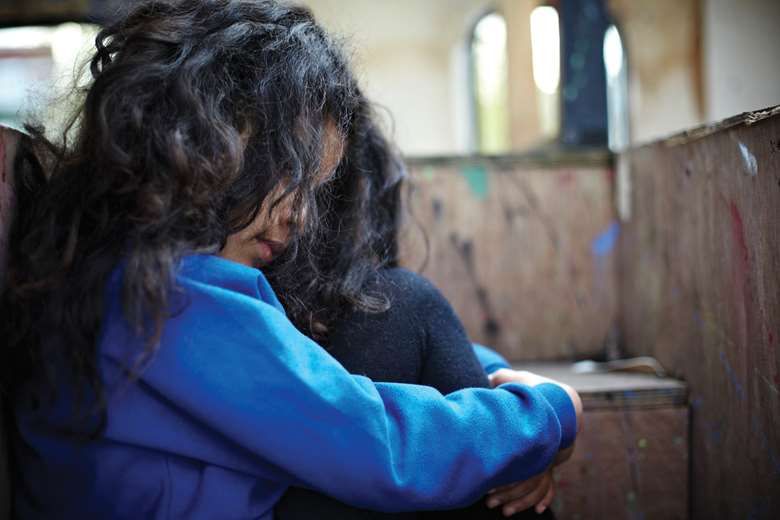Social work leaders oppose mandatory FGM reporting
Joe Lepper
Friday, January 16, 2015
The College of Social Work (TCSW) is urging the Home Office to back down on plans to bring in mandatory reporting of female genital mutilation (FGM).

The government launched a consultation last month on the plans, which would force children’s professionals, including teachers and social workers, to report suspected cases of FGM to the police.
Home Secretary Theresa May says the move is needed as too often children’s professionals have been reluctant to report FGM for fear of being culturally insensitive.
But in its response, TCSW says the proposed legislation is unnecessary as social workers and other professionals who come into regular contact with children are already required to act on reports of suspected abuse.
TCSW also fears that mandatory reporting could lead to child protection teams being “swamped with unsubstantiated cases”.
Annie Hudson, TCSW chief executive, said: “While we understand the intent behind this proposal, we are not convinced that mandatory reporting is the most effective approach.
“We must remember that social workers, and other professionals, are already required to act on instances of abuse where it is reported or suspected. Any social worker who did not adhere to these standards would be failing in their professional duty to protect children.”
Instead, Hudson wants to see better support and training for social workers and other children’s professionals to identify and respond to suspected FGM cases. In addition, she wants to see a stronger focus from the government on therapeutic support for victims.
“FGM is a hugely complex area, and identification is not easy. Rather than run the risk of overloading the child protection system with unsubstantiated cases, and with resources already strained, we should be investing in the development of robust practice support for social workers and other professionals, including teachers,” she added.
In launching its consultation, the Home Office pointed out that despite FGM being a specific criminal offence since 1985, there have only ever been two prosecutions and a small number of police investigations.
Girls aged between five and eight are the highest risk group, as this is the age the majority of FGM procedures are thought to take place.
The consultation closed this week and the Home Office is now considering the responses.




